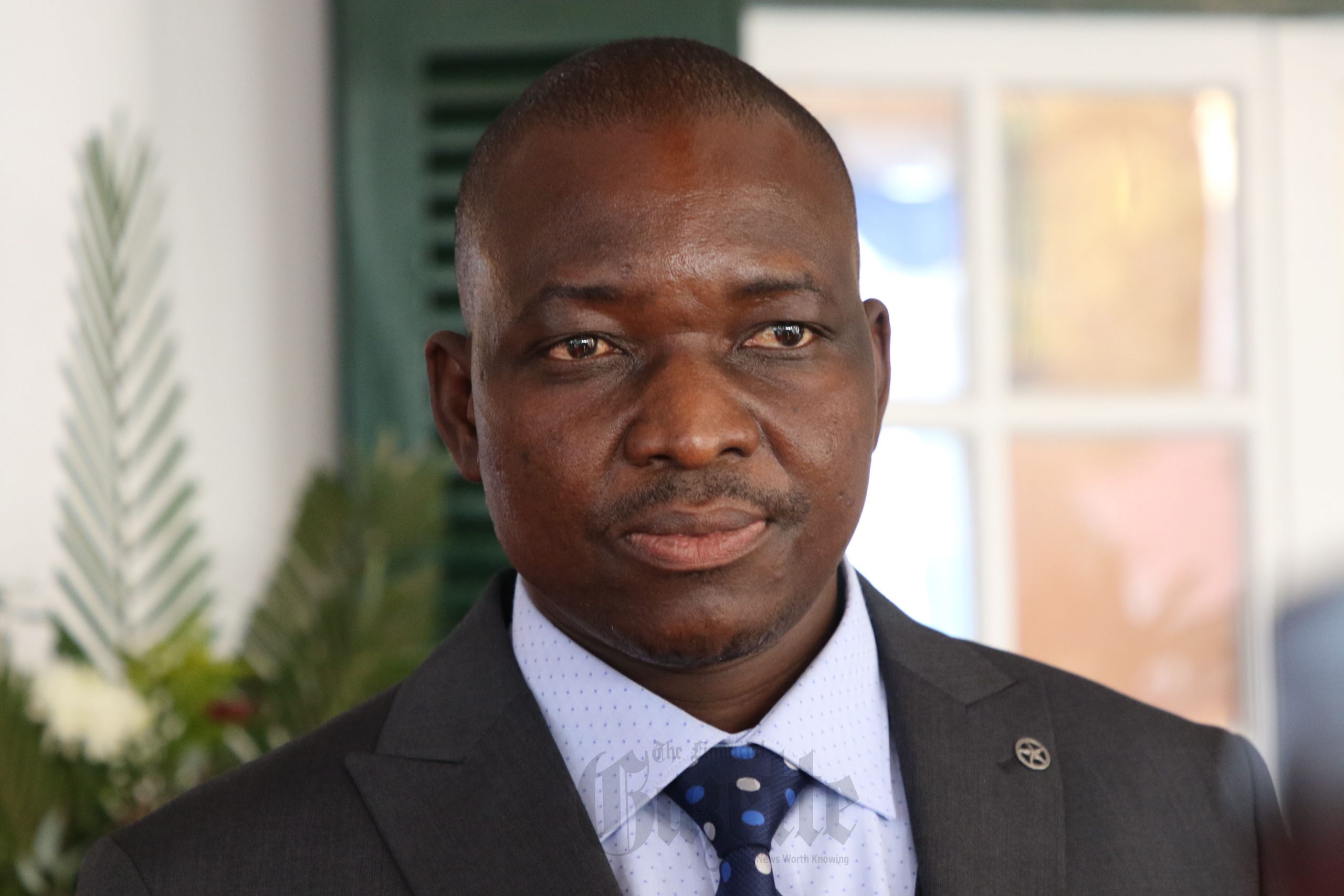
BY SHAME MAKOSHORI
AN independent power producer (IPP) that is battling to force Zesa Holdings to settle US$9 million for electricity transmitted into the national grid has cast doubts in the independence of the judiciary system on Friday, saying a fair verdict was likely in an external court.
Nyangani Renewable Energy (NRE), which operates the 15 megawatt (MW) Pungwe B Power Station in Nyanga, last week dragged the Zimbabwe Electricity Transmission and Distribution Company (ZETDC) to the Johannesburg-based International Chamber of Commerce (ICC) for arbitration.
ZETDC is a unit of the state run power outfit, Zesa, which buys electricity produced by IPPs under power purchase agreements (PPAs) and sells to domestic and industrial consumers.
On Thursday, NRE said the dispute erupted after ZETDC refused to pay for the power in United States dollars, invoking a backlash from the IPP, which raised contractual violation claims.
Standardbusiness was unable to know why ZETDC wanted to transact in Zimbabwe dollars after Zesa Holdings spokesperson, Priscah Utete turned down a request for comment.
An NRE spokesman said apart from doubting the independence of domestic legal processes, experience elsewhere had demonstrated that local courts were slow in delivering verdicts.
“ICC arbitration is a standard clause in PPAs where funding is coming from an offshore bank,” the spokesperson said.
- Chamisa under fire over US$120K donation
- Mavhunga puts DeMbare into Chibuku quarterfinals
- Pension funds bet on Cabora Bassa oilfields
- Councils defy govt fire tender directive
Keep Reading
“This is because the banks consider an ICC arbitration to be both the quickest and the fairest way to arbitrate on any interpretation of the PPA.
“Local courts, be it in Zimbabwe or anywhere else, have proven to be much slower to reach a conclusion as well as there being the risk that they are not independent.”
Pungwe B is asking to be paid in United States dollars from when it became legal for Zimbabwe companies to trade and settle in US$ again in May 2020, the spokesperson told Standardbusiness.
The ICC says it assures best quality service because verdicts are respected as the benchmark for international dispute resolution with high levels of neutrality.
Last week’s case opened a can of worms on what had until now looked like a seamless transformation of the power sector since a decision to end Zesa’ monopoly was made a decade ago.
Under the strategy, IPPs are expected to feed into the national infrastructure administered by Zesa, which then pays them.
On paper, it sounds a fair deal, but reports of payment disputes brought by NRE could derail progress towards returning Zimbabwe to self-sufficiency as delayed payments hold back implementation of greenfield projects, and undermines expansion programmes.
“A cornerstone of successful policies across any sector is that commercial obligations are honoured, investment incentives are sustained and a fair deal is given to foreign investors,” said NRE.
“While Zimbabwe claims to be open for business, the government’s existing policies reflect otherwise.
“We are unable to share any court documents at this stage as the arbitration is still pending a decision. But the claim is for electricity delivered by Pungwe B.
“This currently stands at US$8,6 million. It is Pungwe B’s case that the PPA is denominated in US dollars and payment should be in US dollars. ZETDC is resisting this interpretation of the contract.”
The dispute cuts across the industry, with several IPPs now at risk of having international lenders descend with heavy penalties after defaulting on debt servicing as their funds are trapped at Zesa, NRE claimed, shedding light into why very few projects have kicked off after government licenced several IPPs.
The Parliamentary Portfolio Committee on Energy and Power Development says government has issued licenses to generate 6 858MW of power, which is enough to meet current demand and generate exports.
But IPPs are currently transmitting only 135MW into the national grid.






